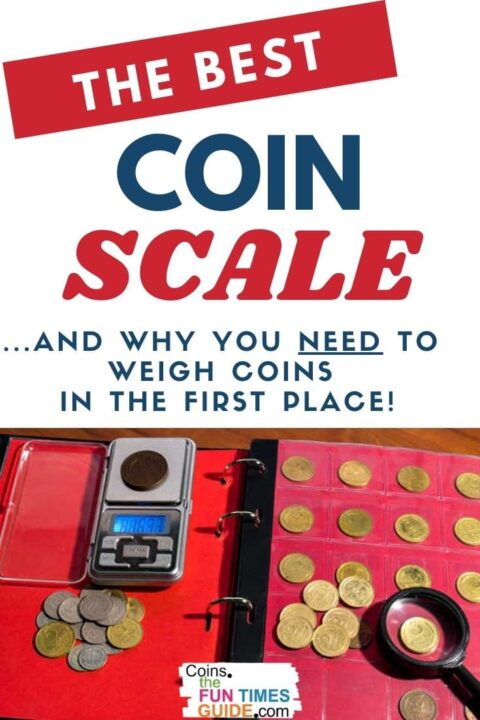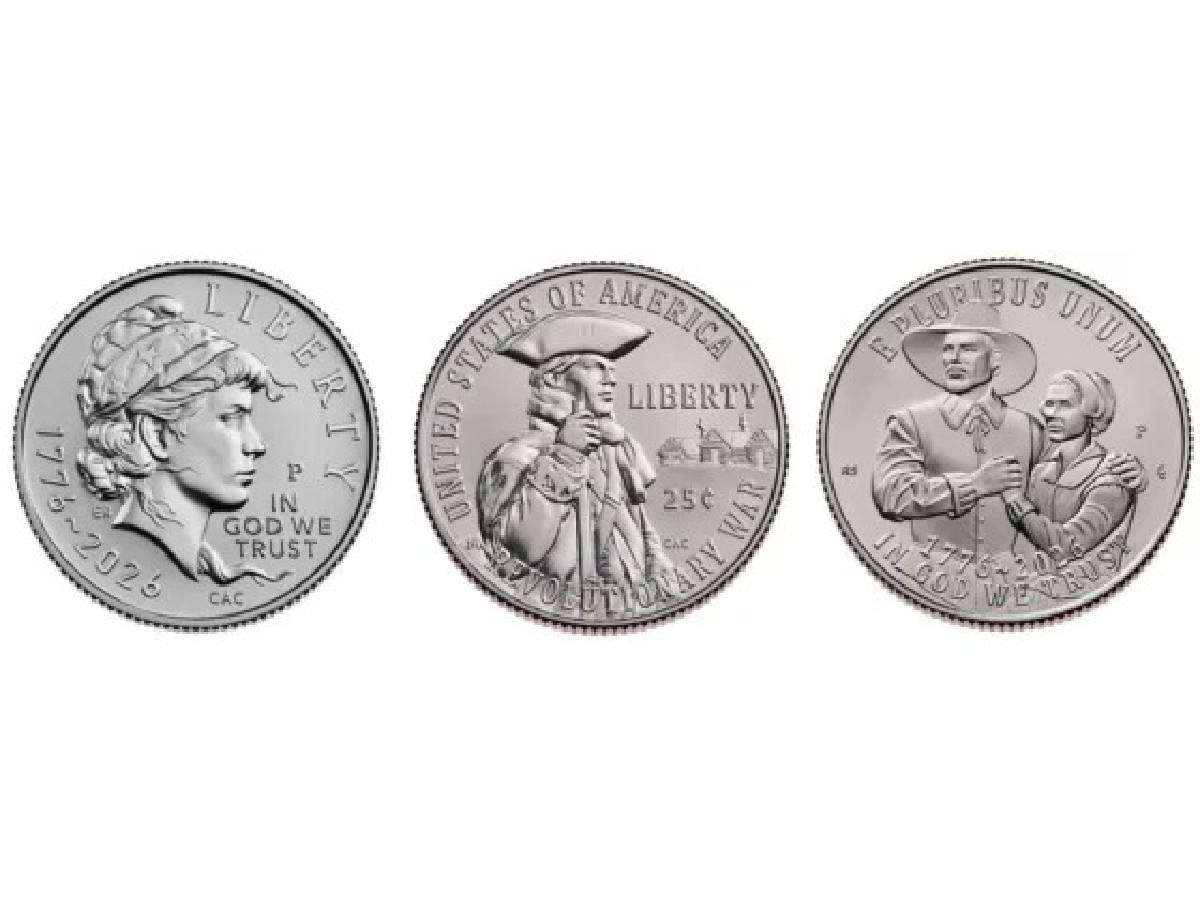Trying to find the best scale for weighing coins? Not sure which coin scale to use?
As a coin collector for many years, I can attest to the fact that a coin scale is essential in coin collecting.
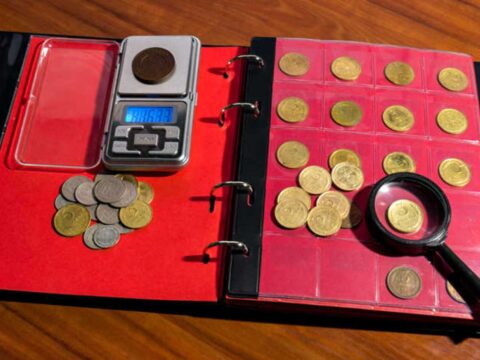
Why? Because you need to weigh coins to determine if what you have is authentic, fake, or perhaps even a rare error coin!
Before you buy a coin weight scale, be sure to read our coin scale review below FIRST.
Then, if you have any questions about coin scales, ask away in the comment below!
The goal is to have all of your questions about coin scales answered. That way, you can be sure to get the right one for your needs.
Why Is Having A Coin Scale Important?
A coin weight scale is an important tool for coin collectors. It’s just as necessary as:
A lot of people make the mistake of weighing coins on a kitchen scale or a postage scale — because that’s what they have already. (Or because they can easily find a food scale at the grocery store.)
But food scales and postage scales generally only provide weight readouts in whole grams, and this can lead to some extremely misleading results for coin collectors. Especially when you know that a rare variant of a certain coin may weigh a particular amount.
Too often, folks using these whole gram scales think they have struck it rich — only to find out that their scale rounded up or down to the nearest whole number, resulting in a false positive. Talk about a letdown!
Unfortunately for collectors using the wrong scales, many coins have a rare variant counterpart (maybe an off-metal error or a certain coveted variety) that weighs under 0.5 grams — either more or less — than its common counterpart. The typical household food or postage scale will not be able to detect this minor but important difference!
Needless to say, this leaves many hopeful collectors quite disappointed when they find out the coin they thought was rare is, in fact, common — as revealed by a more precise reading of its weight using a coin scale.
Some of the valuable and rare coins that need to be weighed on scales that detect differences of less than a gram to tell them apart from their common counterparts include:
- 1943 copper penny error
- 1944 steel penny error
- 1965 silver dime error
- 1965 silver quarter error
- 1976 40% silver Bicentennial quarters, half dollars, and dollars
- 1982-D small date copper penny
NOTE: The best coin scale provides readouts in increments of at least 0.1 grams (that’s one-10th of a gram). Or, even better… 0.10 grams (one-100th of a gram). This will eliminate the possibility of simple rounding readouts causing confusion over what a coin’s weight is.
The Best Scale For Weighing Coins
Perhaps you’re looking for coin scale reviews and aren’t sure which ones are accurate or most helpful to you…
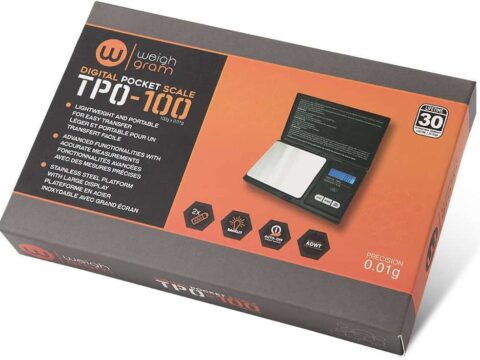
I’ve tested a lot of coin scales over my years as a coin collector — and I’ve found one that works well and is also inexpensive, easy to use, and accurate enough to weigh coins!
In my opinion, the best digital coin scale is the Weigh Gram Scale digital pocket scale.
This scale, marketed as a kitchen scale, food scale, and jewelry scale, has a weight limit of 100 grams and measures in increments of 0.01 grams — perfect for the coin collector who needs to weigh coins.
What’s more, this lightweight scale folds conveniently into a small size about the size as a deck of playing cards — so you can easily carry it anywhere you need to.
The Weigh Gram digital pocket coin scale runs on 2 AAA batteries.
It also has a backlit display that can be easily read in darkness… and in daylight.
I’ve had this scale for about 5 years now, and it still works like a charm — so it’s definitely proven reliable.
While it’s portable, convenient, reliable, and accurate, the Weigh Gram coin scale is also affordable.
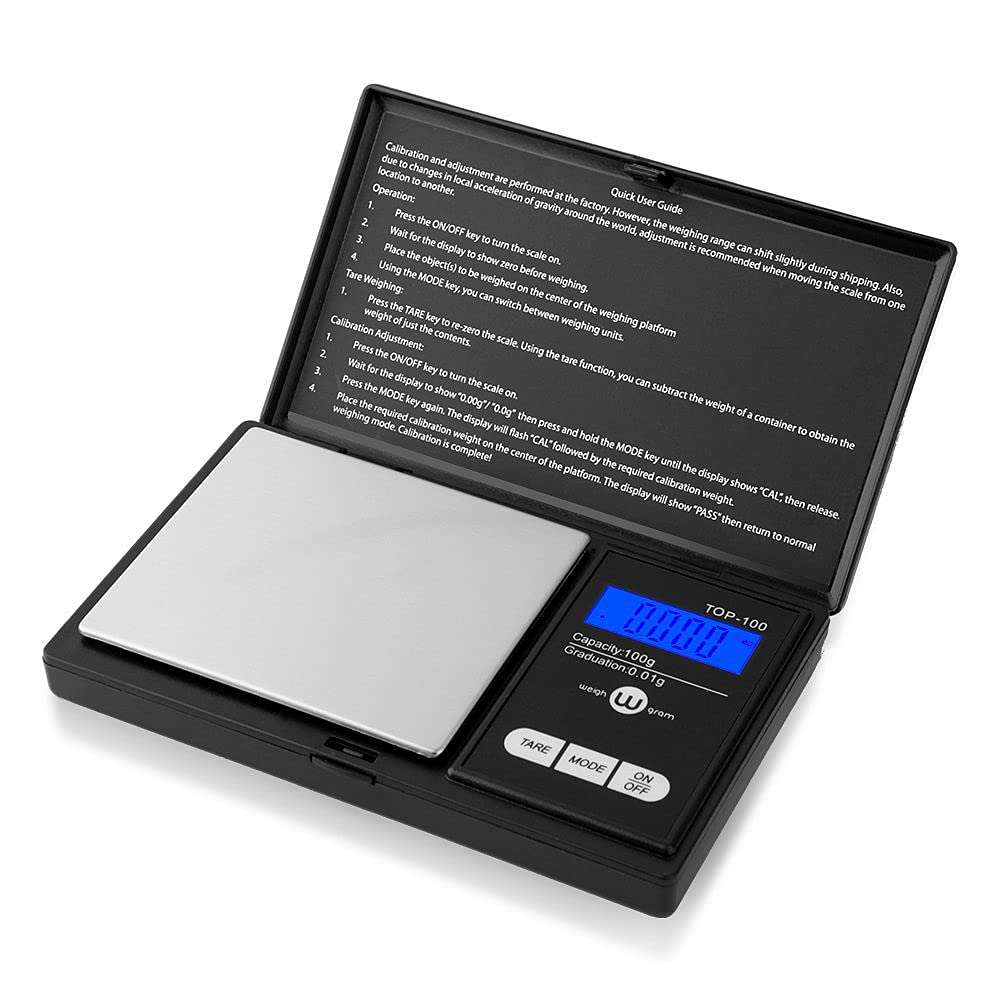
The Weigh Gram digital pocket coin scale can be purchased on Amazon for less than $15.
- Portable
- Convenient
- Reliable
- Accurate
How To Weigh Coins On A Scale
It’s not hard to learn how to weigh coins on a scale.
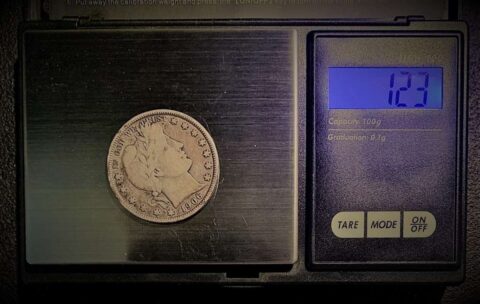
Most digital coin scales simply require you to turn the scale on and then carefully place the coin on the weighing pan. The automatic readout typically appears instantaneously!
While many times you’ll be weighing a coin raw (without it being in a container), the majority of nicer digital scales such as the one I’ve reviewed above will allow you to compensate for tare (the weight of any packaging, etc., that contains the item you wish to weigh).
Your coin scale should come with instructions on how to account for tare so you can get an accurate weight for the items you’re weighing.
It’s important to weigh your coins on a solid surface that won’t shake or vibrate while you’re using it. Even the slightest movements while weighing coins can render false readings, and that’s not what you want when you’re trying to determine if you have a 1965 silver dime error worth $4,000 or a regular copper-nickel 1965 dime worth just 10 cents!
Also, be sure to use your coin scale in moderate temperatures and in a low-humidity setting. Temperature extremes and moisture can cause your coin scale to work improperly — and may even permanently damage it.
How To Calibrate A Digital Coin Scale
Digital coin scales are sensitive items — and sometimes humidity, temperature, and even certain kinds of lighting can adversely affect a scale’s accuracy.
This is why you might want to calibrate your coin scale before each use to ensure it’s giving you the correct weight.
Want to see how to calibrate a digital coin scale like the one I’ve reviewed in this article? Check out this video:
How To Clean And Care For A Digital Coin Scale
I keep my digital coin scale in a cool, dry place in my home office — near where I keep a lot of my other electronics. I keep it handy, so whenever I need to weigh coins it’s easy to get to.
I change the batteries in the coin scale every so often to ensure that it’s in proper working order when I need to use it.
I also make sure to close the scale’s clamshell case after each use. This helps keep dust, moisture, and other foreign matter out.
A digital scale is not waterproof, so here’s the best way to clean it:
- Wipe the scale and the pan using a soft, damp cloth (water only).
- To ensure a sanitary surface, you can add a little bit of dish soap to the damp cloth — then wipe dry with a clean cloth afterward.
The Bottom Line
A coin scale is a low-maintenance coin collecting tool that you will come to use regularly.
If you buy a good one, it should last you a long time without giving you any trouble!
Here’s my video with the 5 things you need to do before weighing your coins:
Like this post? Save it to read again later… or share with others on Pinterest!
